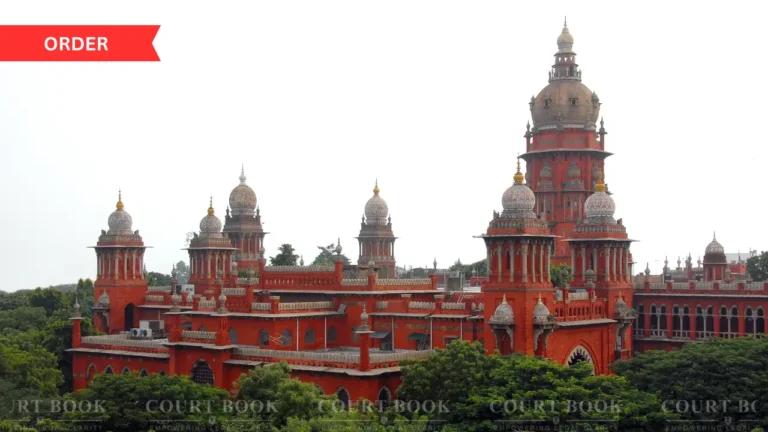In a packed courtroom on Thursday morning, the Madras High Court delivered a long-awaited order that many hostel owners from Chennai and Coimbatore had been anxiously waiting for. Justice Krishnan Ramasamy, who had reserved the matter back in August, finally pronounced a detailed judgment examining whether hostels for working men and women should be taxed as commercial establishments. The atmosphere felt a bit tense at first, but slowly eased as the judge moved through the core issues.
Background
Dozens of petitioners including M. Divya and several other hostel operators challenged a series of property tax and water tax demand notices. Their common grievance was that municipal authorities, without any prior warning, suddenly reclassified their buildings from residential to commercial, drastically increasing their tax liabilities.
The petitioners argued that their hostels serve low-income workers who use the rooms purely as living spaces. “They come back from long shifts, cook, sleep, wash basically everything that makes it home,” counsel submitted. They insisted that the tax must follow the occupants’ use, not the owner's business model.
Court's Observations
Justice Ramasamy appeared persuaded by the argument that the recipient’s perspective matters more than the provider’s. At one point, the bench observed,
“When a person uses a unit as a sleeping apartment, it satisfies the definition of residence.”
He also noted that the statutory definition of “residence” under various Municipal Acts simply requires that any portion of a premises be used as a sleeping space. That alone, he said, “is enough to treat the property as residential.”
The judge expressed concern that taxing hostels at commercial rates would unfairly burden the poor.
“It cannot be that the rich living in apartments enjoy lower rates while the poor sharing hostel rooms suffer higher charges,” he remarked, calling such disparity a form of discrimination violative of Article 14.
The court also criticised authorities for issuing revised assessments without prior notice an obvious violation of natural justice, as the order puts it.
Decision
Concluding firmly, the High Court quashed all impugned commercial-tariff demand notices and held that the petitioners’ hostels must be assessed only under residential tariff, since the occupants use the premises solely for living purposes. The judgment stops at this operational direction, leaving implementation to the respective municipal bodies.















